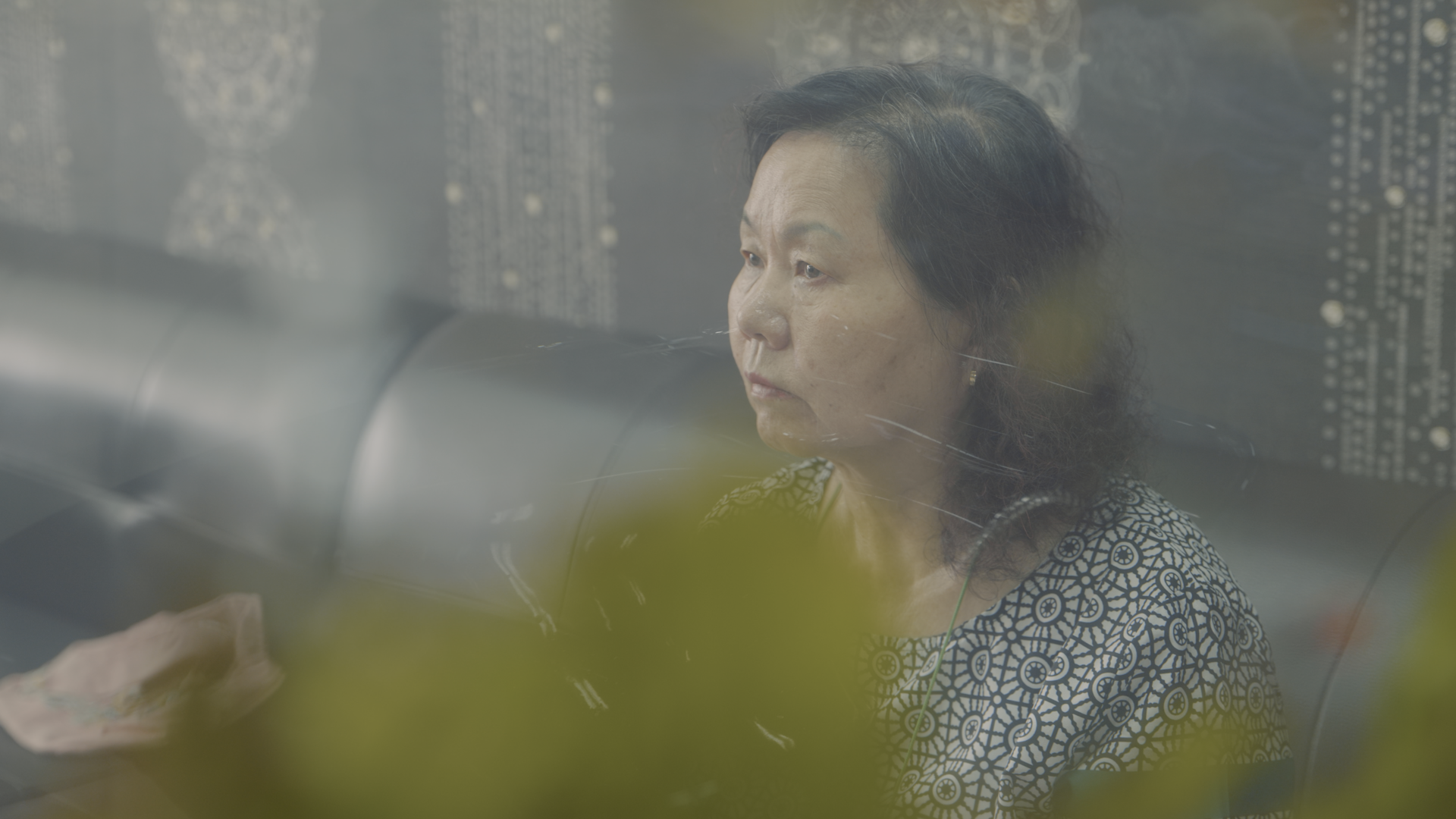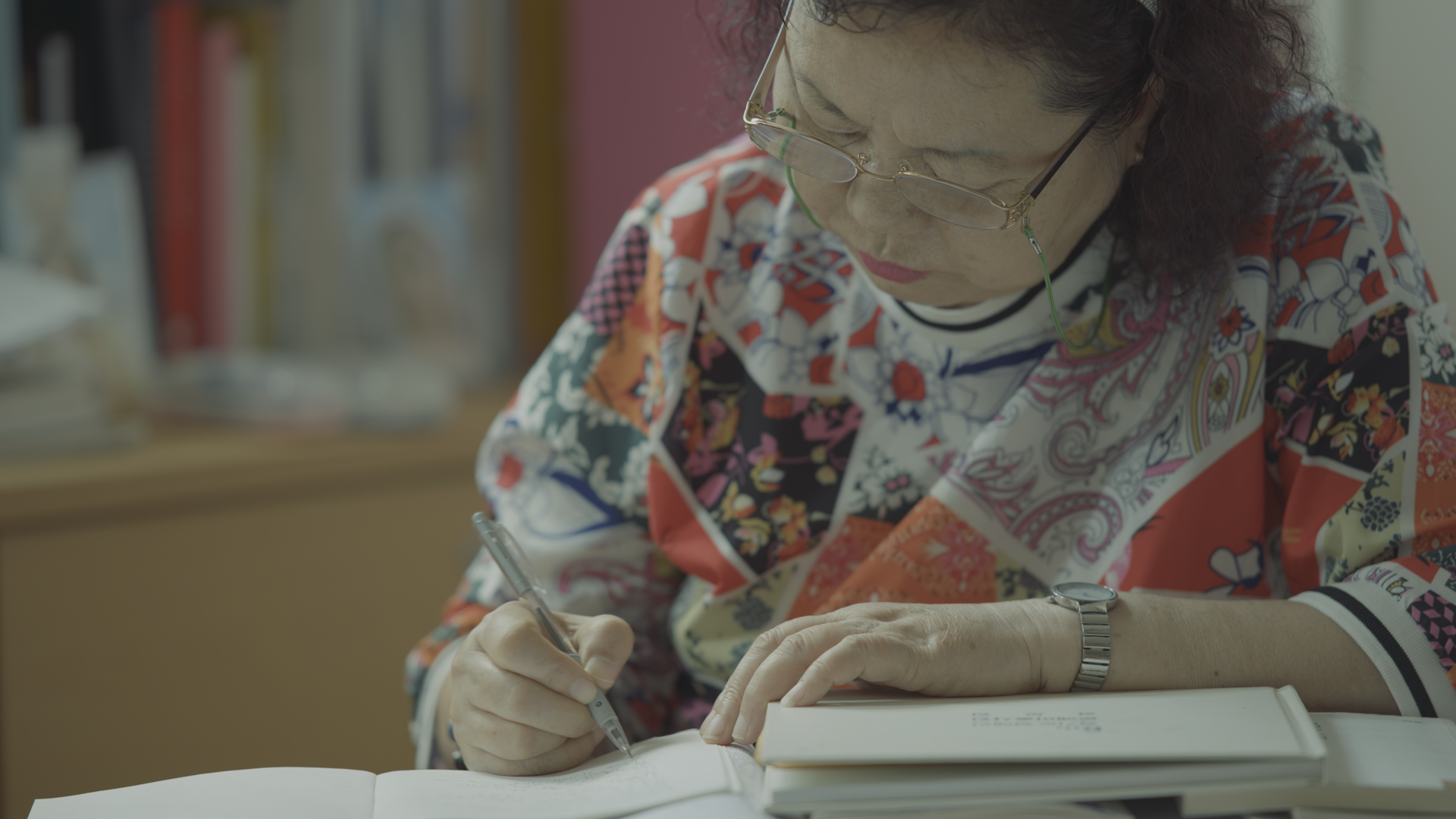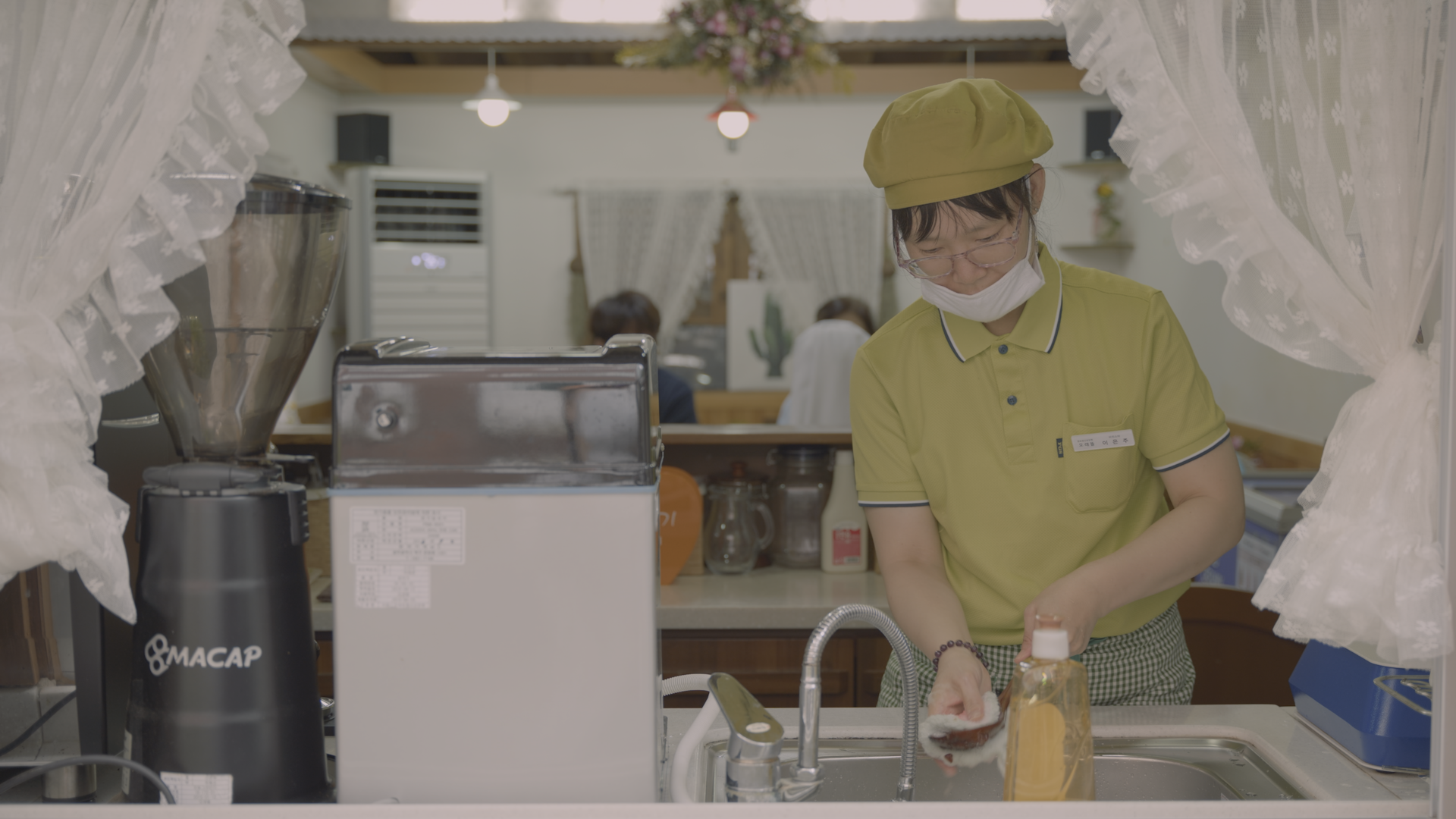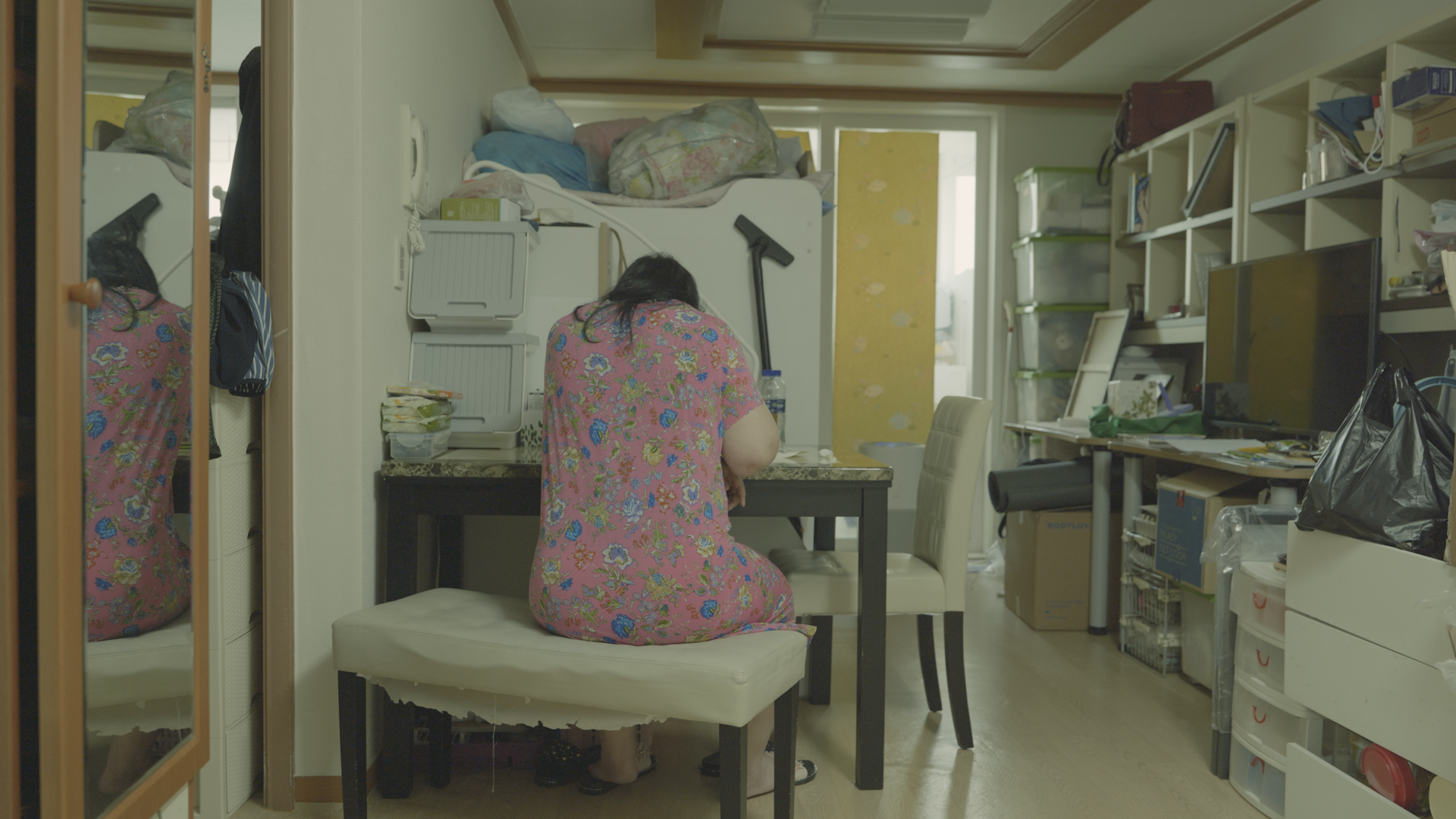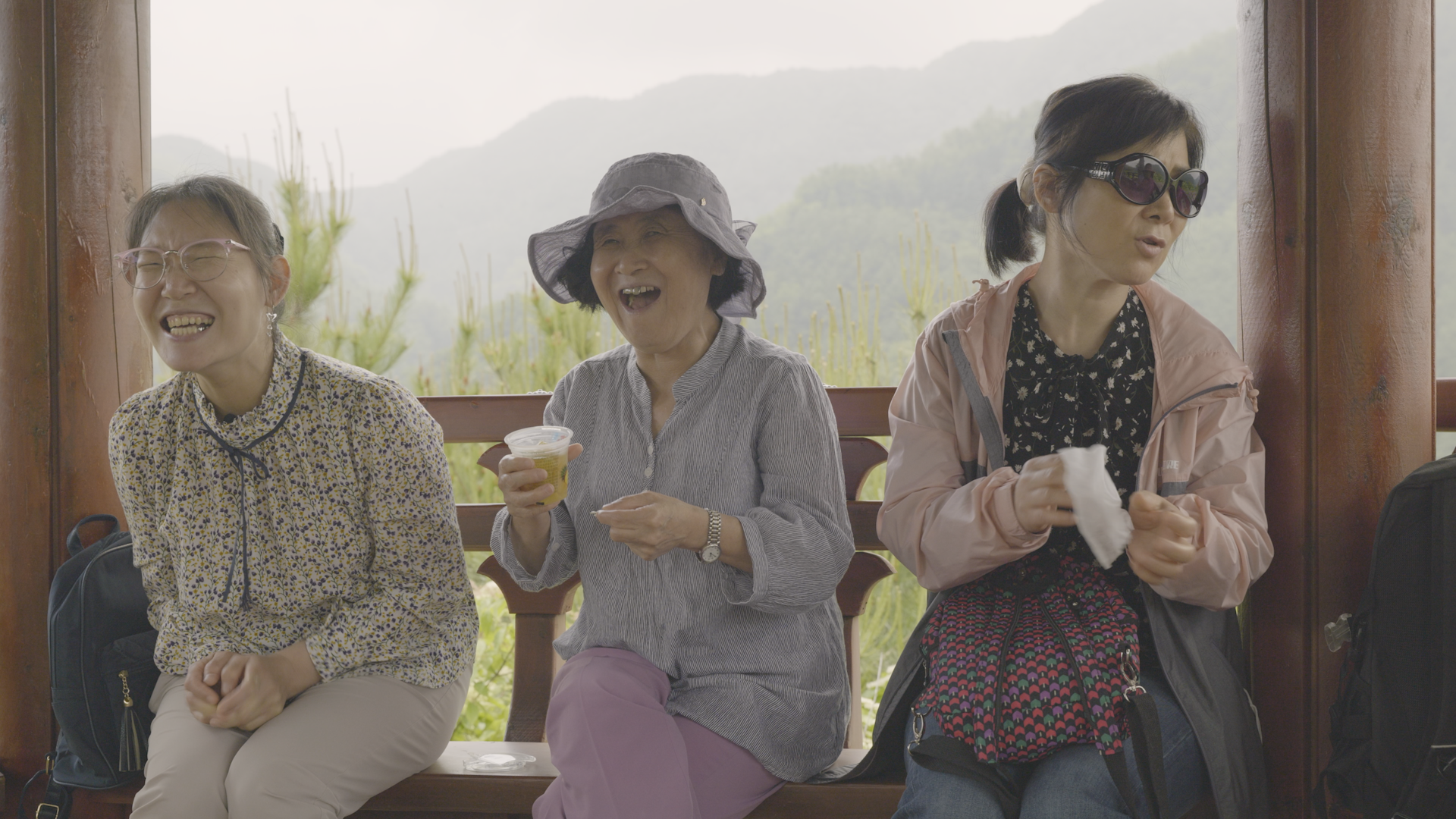Projects
Beyond the Mental (Working title)
KIM Hei
- Korea
- 75min
- DCP
- color
Synopsis
This film is about three characters who experience the confusing and lonely world of schizophrenia in their own unique ways. Eun-joo, In-suk and Hye-jung have their own stories of family background, age, involuntary hospitalization, marriage, childbirth and financial situations, all of which has affected their paths in life. As schizophrenia patients and as women, they get through each day by sometimes overcoming obstacles, and sometimes getting frustrated by their own lives. They hear voices telling them to jump out of the window, and see shadows under the bed staring at them. But these women don’t run away from adversity and struggle to wake up every morning and to go about their lives. They discover that they share the same sorts of difficulties, and then their daily experiences raise questions about the rules and the ‘normality’ of the world around them. Through their daily struggles with an intangible illness, a close bond develops between these women who’ve become derailed from ‘normality’. Feeling empathy towards each other, a phone call, or even having a meal together, can provide the determination to live another day.
Review
The attention given to those who are considered abnormal started from curiosity of the unknown. How have we excluded strange and unusual things, and coped with the fear of being ignorant? The characters in this film have had schizophrenia for decades. They were abandoned and isolated by their own families and communities, and have lived in obscure corners of society. Schizophrenia patients live in a confusing and uncertain world, one which often crosses the borders between reality and delusion. But even before their anxieties and pains can be understood, they distance themselves from the world due to the prejudice that they are ‘crazy.’ This film listens closely to the stories of the past and the present of three characters who have lived with schizophrenia for decades. Through the stories, we can imagine what it is like to have schizophrenia and what their life is like. It is not about examining a patient with symptoms, it is about listening to their life stories, having conversations, and thinking of a world where we can live together in harmony.
Director
-

KIM Hei
Credit
- Producer방아란 BANG Aran
